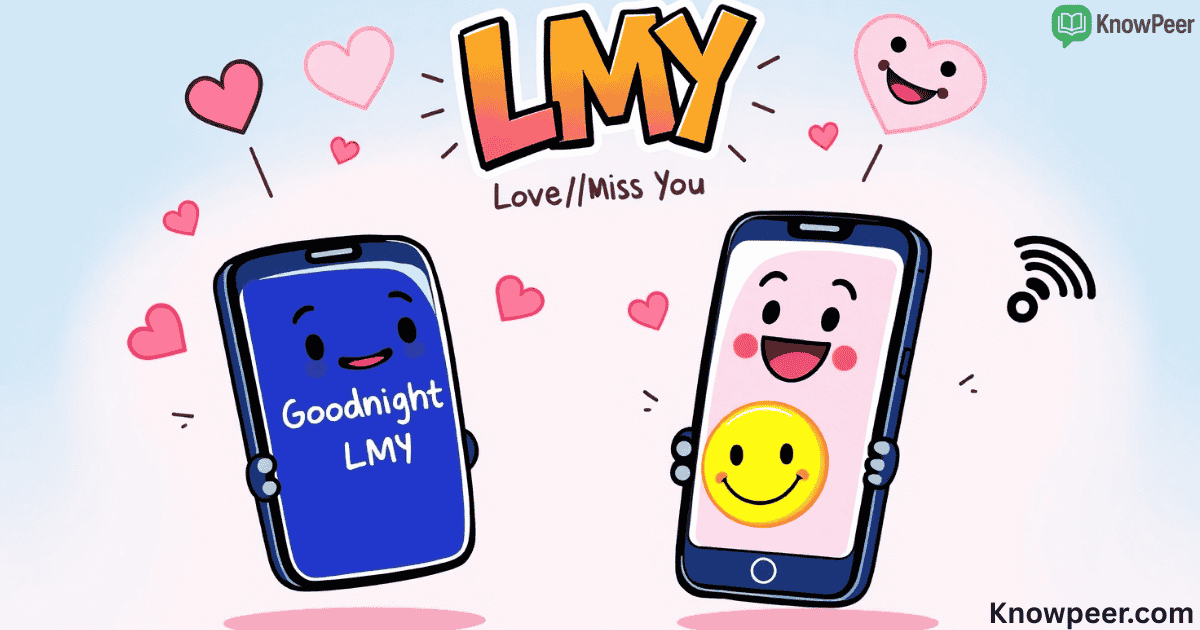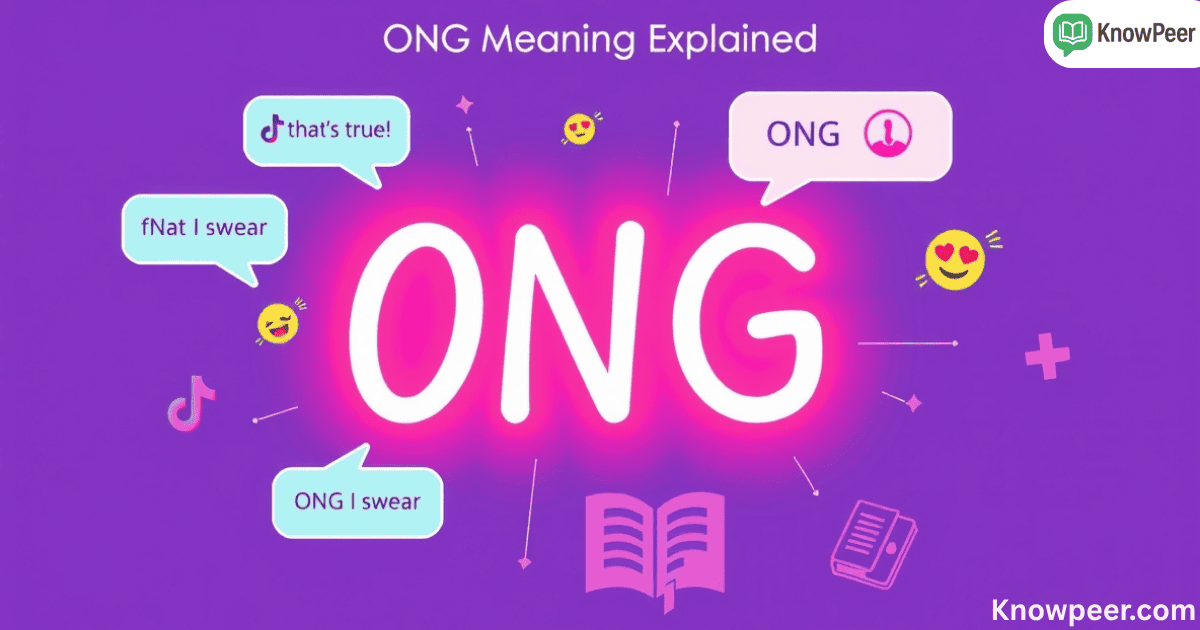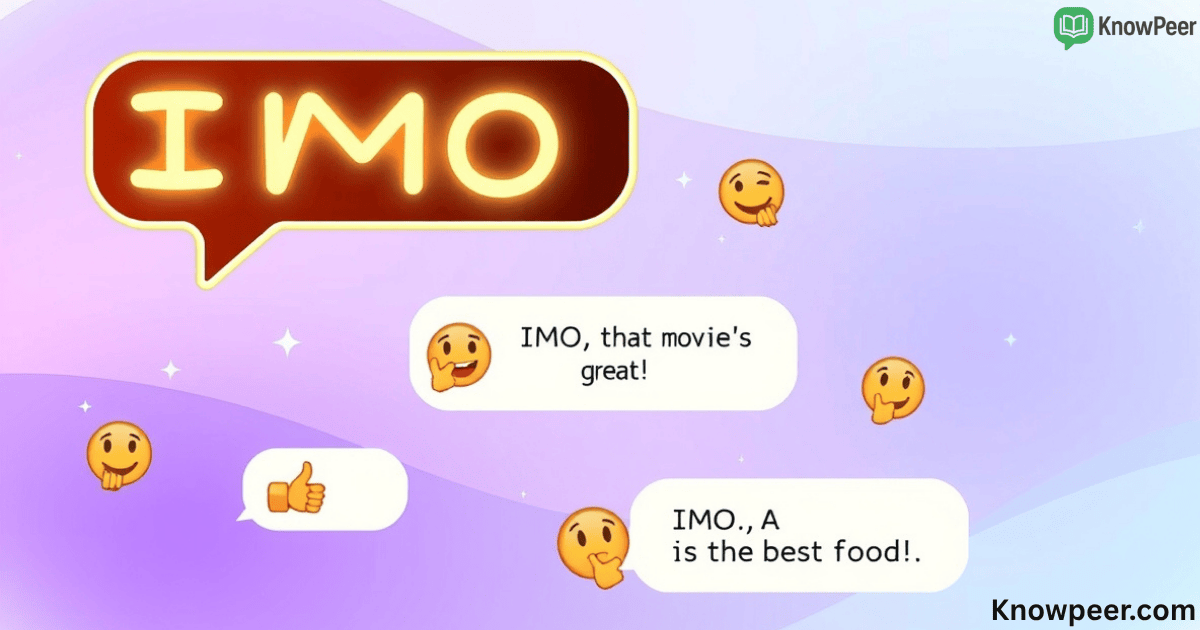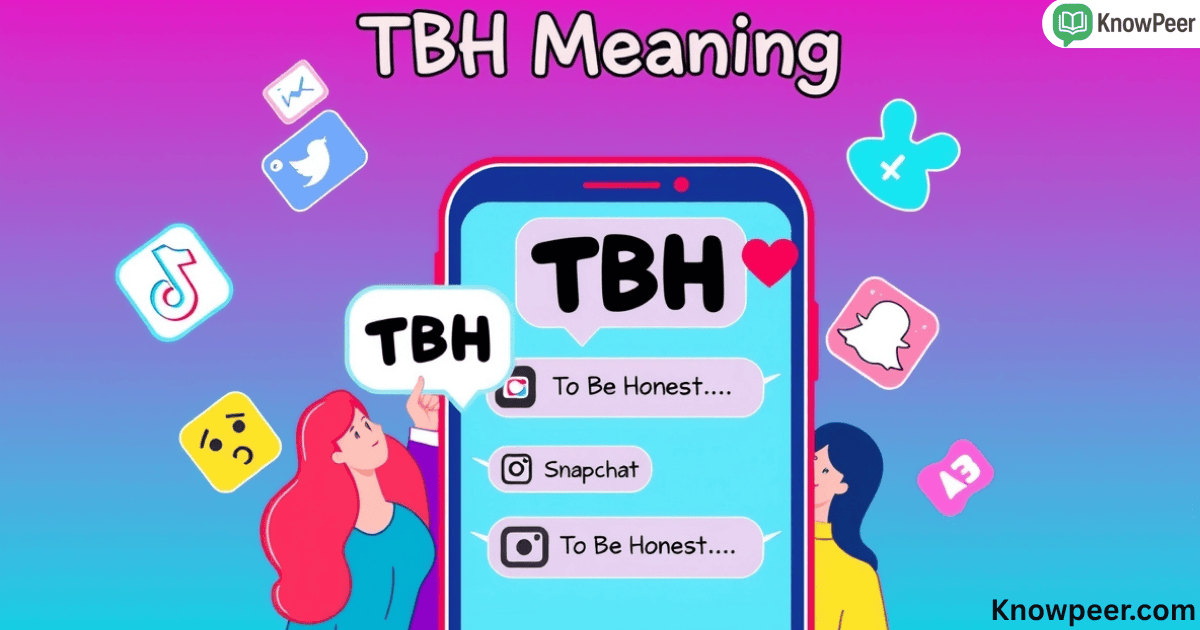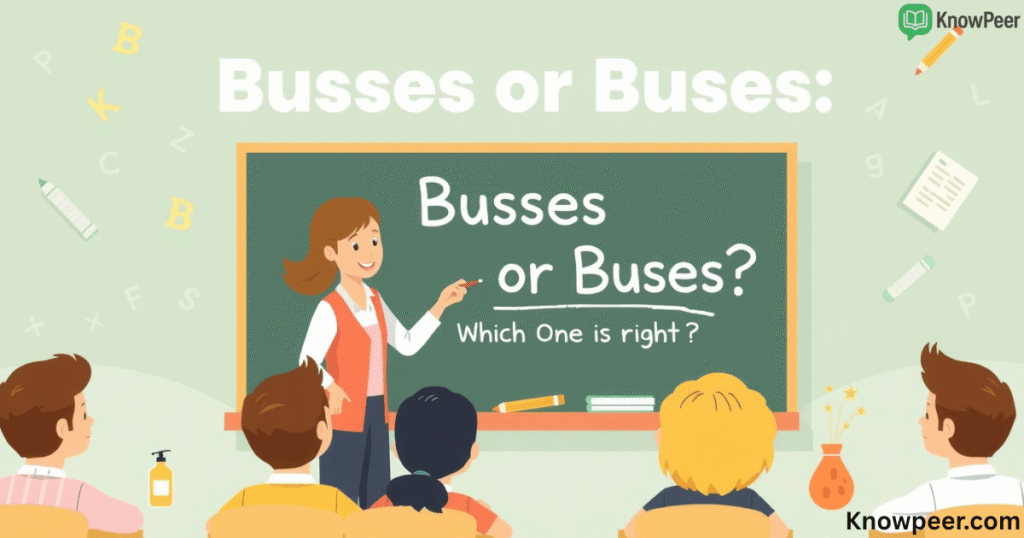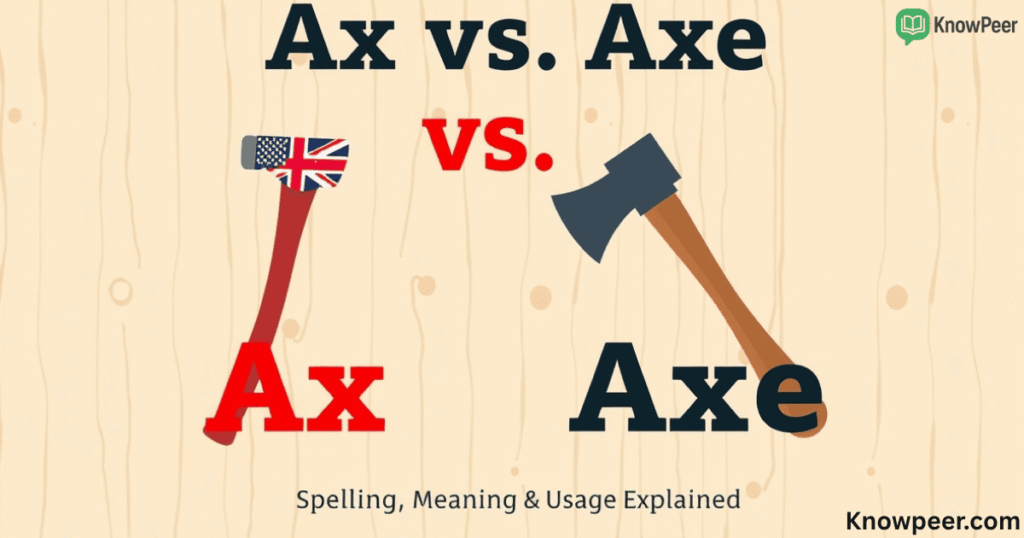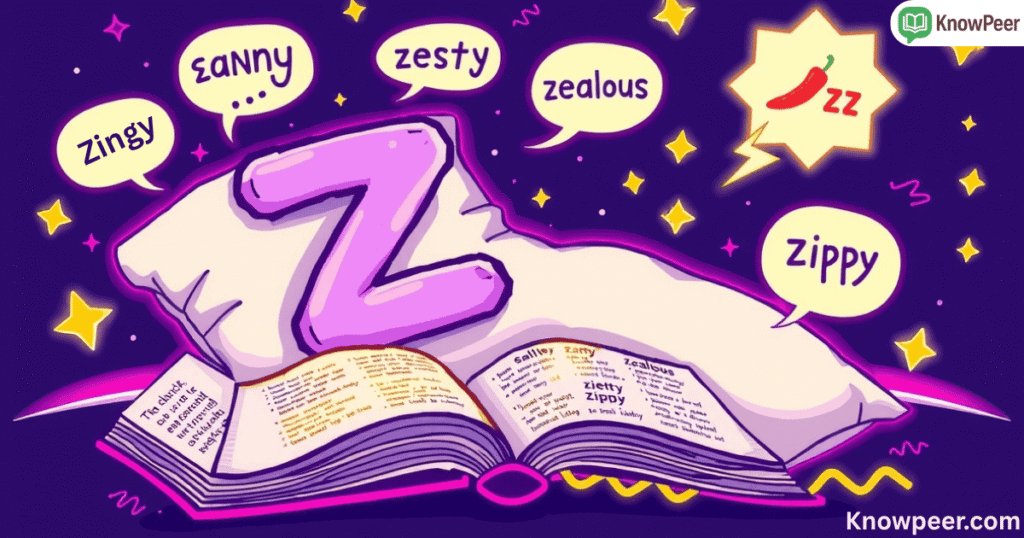Introduction
In the fast world of digital talk, short words and acronyms have become normal. People no longer write long sentences when a three-letter code does the job. One of these codes is LMY, and many wonder about the LMY meaning when they see it in messages. For some, it seems confusing at first, but once you learn the meaning, it becomes simple and clear.
This phrase has grown popular with younger users, especially on texting apps and social platforms. Acronyms like LMY save time, add warmth, and make conversations flow faster. Since online chats often feel quick and casual, people choose short forms instead of long emotional sentences. The curiosity about this little acronym shows how digital language keeps changing every day.
What Does LMY Mean?
The LMY meaning is simple but warm. It stands for “Love and Miss You.” This short acronym carries emotion and affection in only three letters, which is why it has become popular in texting, social media, and instant chats. People often use it when they want to show care without writing a long sentence. Instead of typing “I love and miss you,” they can just say LMY and the feeling is still clear. It is a perfect example of how digital language makes emotional messages faster and easier to send.
While the most common meaning of LMY is “Love and Miss You,” it is important to understand that context shapes its tone. Between close friends, it may sound casual and sweet. In romantic relationships, it feels more intimate and heartfelt, carrying deeper emotion. Some people also confuse it with LYM, which stands for “Love You Much.” Both are affectionate, but they express slightly different ideas. LYM shows intensity of love, while LMY adds the element of longing, as if the person is far away. Understanding this small difference helps avoid miscommunication.
In modern digital talk, LMY has become more than just an acronym. It is a symbol of quick but meaningful affection, showing how short forms can carry big emotions.
Origins and Background of LMY
The rise of LMY connects with the early days of SMS culture. Back when texts were limited to 160 characters, short words were the only way to say more in less space. Instead of typing a whole sentence like “I love and miss you,” people started using quick codes. These codes later spread to forums, chatrooms, and instant messaging.
Over time, this acronym became part of the language of online love. Many people who first used LMY were teenagers and young adults trying to save time while still expressing feelings. It became more than just a shortcut; it became a sign of affection that felt light but meaningful.
Usage of LMY in Different Contexts
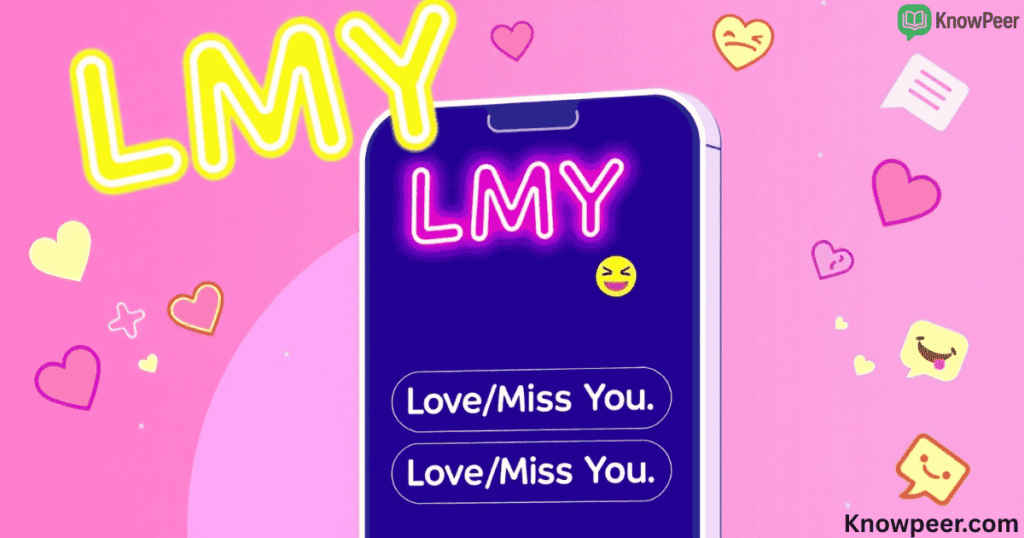
In casual texting and social media, LMY is often used between close friends or couples. It shows a sense of missing someone without being too heavy or dramatic. A teen might text “Goodnight, LMY” to a friend, while a couple in long distance may write it every day to stay connected.
In gaming chats, players use LMY as a fast goodbye after a match. Here, it is more playful and quick, less about romance and more about bonding. In professional settings, however, this acronym does not belong. Using it in work emails or official chats may look unprofessional, so it is better to choose clearer and formal words.
Table: LMY in Different Contexts
| Context | Meaning of Use | Example Message |
| Texting & Social | Affection between friends or couples | “Talk soon, LMY” |
| Gaming | Quick friendly sign-off | “GG guys, LMY” |
| Professional Setting | Rare and inappropriate | Not recommended |
Examples of LMY in Conversations
The best way to understand the LMY meaning is to see how people actually use it in their chats. Imagine two friends talking after weeks of not meeting. One might text, “It’s been too long since our last hangout, LMY.” In this case, the acronym adds a layer of warmth without sounding too heavy. A couple in a long-distance relationship may write, “Goodnight, my love, LMY.” Here, the message feels more emotional and shows longing. Both examples prove that this tiny acronym carries feelings that might take full sentences to explain.
Sometimes, LMY appears in lighter or playful talks. For example, during a gaming session, one player might say, “GG guys, had fun, LMY.” This usage is more about bonding than romance. But in other contexts, such as family chats, it may sound like a parent writing to a child, “Take care on your trip, LMY.” These scenarios highlight how flexible the acronym is. It adapts to different relationships and moods, from deep affection to casual fun. The key lies in the connection between the people using it, because the meaning can shift with the bond they share.
Common Misconceptions About LMY
Many people confuse LMY with LYM. While they look almost the same, they do not mean exactly the same. LMY means “Love and Miss You,” but LYM means “Love You Much.” Both share affection, but the second one feels less about distance and more about intensity.
Another common idea is that LMY is always romantic. That is not true. Parents sometimes use it with kids, and close friends may use it in a lighthearted way. Some also think it is outdated, but in reality, acronyms like this remain active in online culture, especially among younger users.
Cultural and Regional Variations
The LMY meaning does not change, but how people use it can differ across cultures and regions. In the United States, acronyms like LMY are common in texting among teenagers and young adults. They appear in Snapchat streaks, Instagram captions, and casual SMS. In the United Kingdom, people still understand the phrase, but it is less widespread, as many prefer alternatives like LYL or ILY. This shows how digital slang adapts to local habits, with some regions favoring certain short forms over others.
Age also plays a big role in these variations. Younger people use LMY in both romantic and friendly ways, often without much thought about formality. Adults in long-distance relationships may use it too, but they often mix it with emojis or longer messages for clarity. Older generations, however, may not be familiar with the acronym at all, which can lead to confusion if they receive it in a text. These cultural and age differences prove that even a simple phrase like LMY reflects how digital language evolves depending on who uses it and where they are.
Is LMY Ever Offensive or Inappropriate?
By itself, LMY is not offensive. It carries affection and warmth. Still, it can become awkward when sent to the wrong person. For example, using it with a boss or co-worker may cause confusion. The problem is not the word itself but the setting in which it appears.
In some cases, overusing LMY can also make it lose value. If someone writes it in every message, it may start to feel less genuine. Choosing the right moment keeps the phrase special and meaningful.
Similar Terms and Alternatives to LMY
There are many other acronyms that share the same spirit. People often use LYL (Love You Lots), ILY (I Love You), or XOXO (Hugs and Kisses). Each of these has a slightly different tone. ILY feels stronger and more direct, while XOXO adds playfulness.
Choosing the right word depends on the relationship. For romantic partners, ILY may feel better. For close friends, LYL is lighter and fun. The variety of acronyms lets people choose what matches their bond best.
How to Respond to LMY
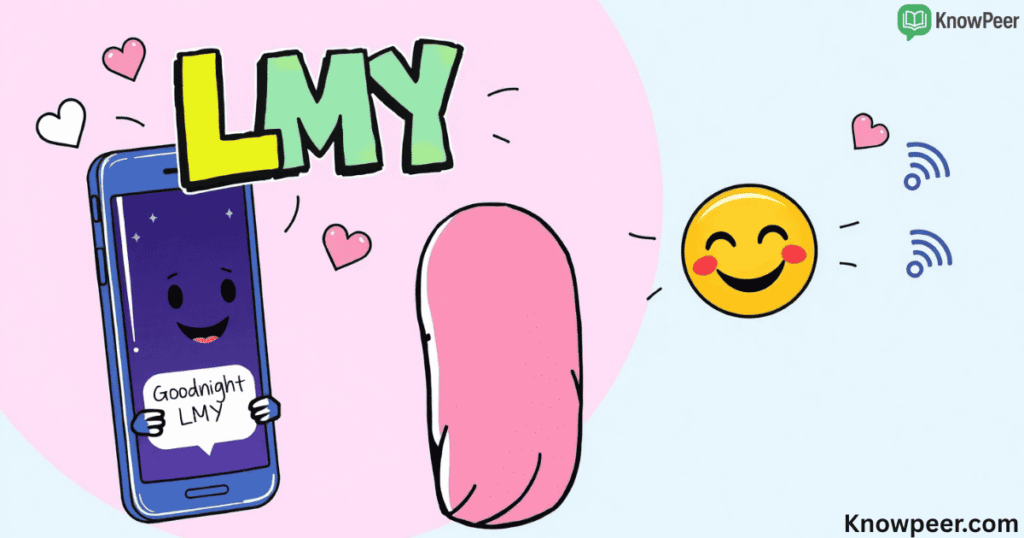
If a friend writes “LMY,” you can simply reply with “Miss you too.” For a romantic partner, you may answer with “I love you more, LMY.” In casual cases, you can keep it short and just say “Same here” or “Talk soon.”
The best reply depends on how you feel about the person. A warm reply strengthens bonds, while a short reply keeps things casual. Understanding this balance avoids mixed signals.
FAQs About LMY
Is LMY the same as LYM? No, they carry different tones. Can you use LMY in professional chats? No, it is not suitable for work settings. Is LMY outdated? Not really, it is still common among younger groups. What emoji works with LMY? Many people use heart or smile emojis to make it more expressive.
Conclusion
The LMY meaning is simple yet powerful. It means “Love and Miss You,” and it carries care, warmth, and affection in a quick way. From texting to social media and even gaming, this acronym shows how language adapts to modern speed.
Understanding LMY and its use helps you connect better in digital conversations. Whether you choose it for friends, family, or a partner, it keeps messages short yet full of feeling. Like many acronyms, its value lies not just in saving time, but in making emotions easy to share in today’s fast world.

